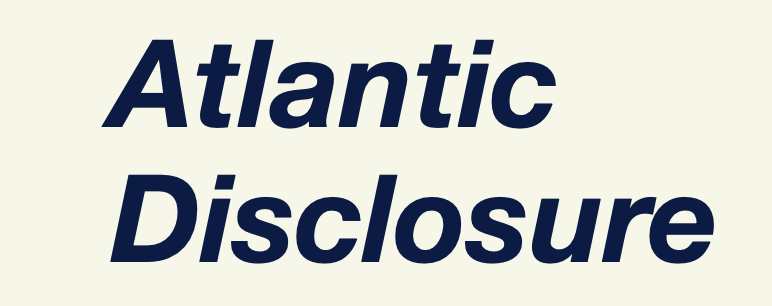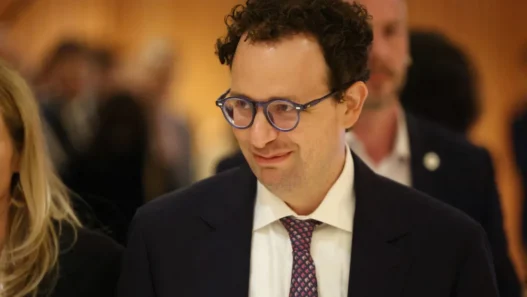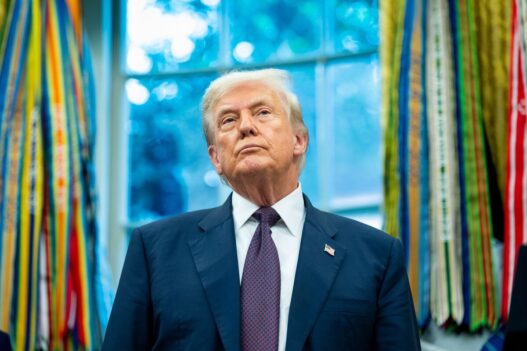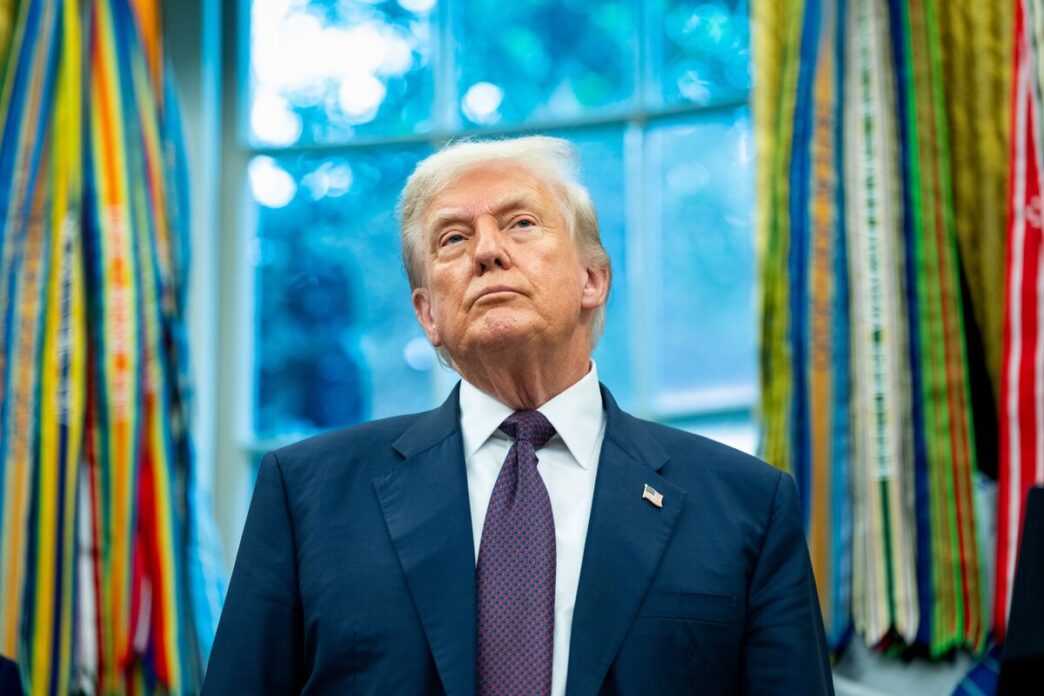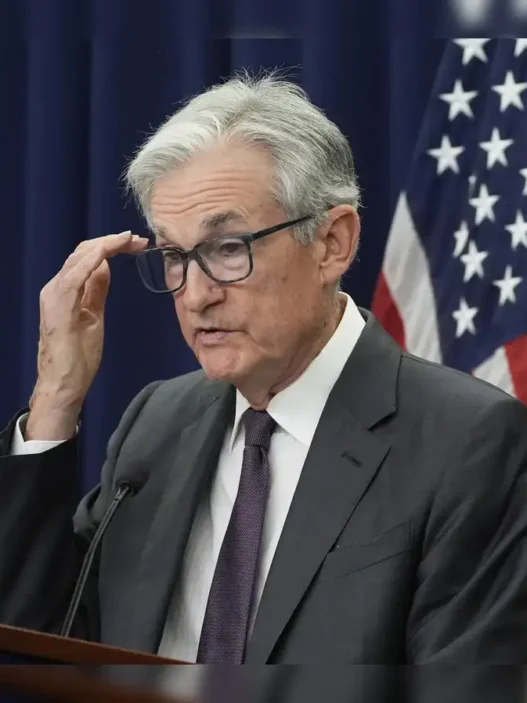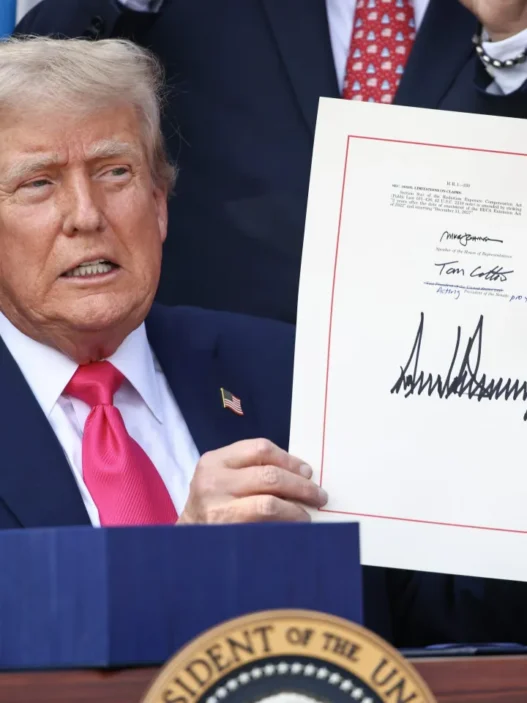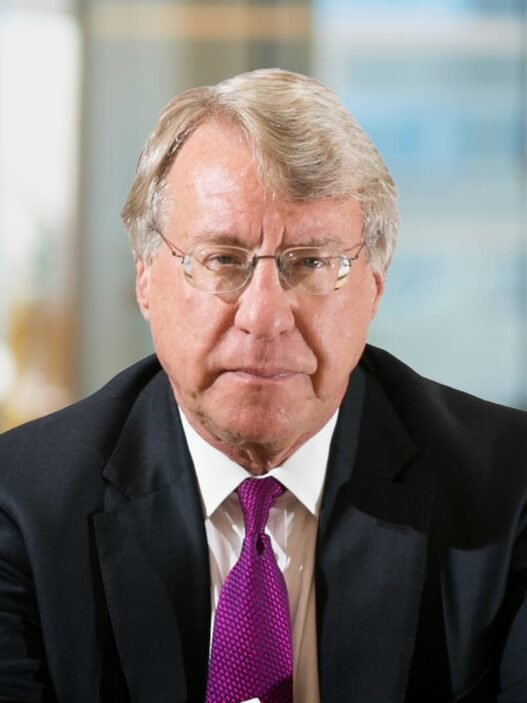President Donald J. Trump reportedly engaged in a $104 million spree of U.S. Treasury bond purchases during his time in office, according to newly disclosed financial filings. The revelation has sparked debate among economists, political analysts, and ethics watchdogs over the potential implications of such large-scale personal investments while occupying the nation’s highest office.
Details of the Bond Purchases
The filings show that Trump acquired a substantial portfolio of U.S. Treasury securities, including a mix of short-term bills, medium-term notes, and longer-dated bonds. The purchases were executed over multiple transactions spanning several months, reflecting a strategy to both secure liquidity and earn steady, risk-free returns.
- Total Value: $104 million in Treasury bonds.
- Range of Maturities: From 3-month Treasury bills to 10-year notes, providing a mix of short-term accessibility and long-term yield.
- Financial Instruments: Standard U.S. government securities, widely regarded as the safest investment available domestically.
Financial analysts note that Treasury securities are highly liquid, low-risk instruments, making them attractive to wealthy investors seeking capital preservation and predictable returns.
Why the Purchases Attracted Attention
While it is not illegal for a sitting president to hold or acquire U.S. government securities, the sheer scale of Trump’s purchases during his tenure has drawn scrutiny for several reasons:
- Conflict of Interest Concerns: Critics argue that a president holding large amounts of government debt could face perceived conflicts, especially as decisions on fiscal policy, interest rates, and deficit spending could indirectly influence personal returns.
- Market Signaling: Large purchases by a sitting president may be interpreted as a signal of confidence—or concern—about the U.S. economy, potentially affecting investor behavior.
- Transparency Questions: While Trump’s financial disclosures list assets and liabilities, some observers question whether the magnitude and timing of purchases were adequately transparent to the public.
Supporters, however, maintain that Treasury bonds are the safest asset class in the United States, and there is little evidence that Trump’s actions influenced his policy decisions or market outcomes.
Context: Presidential Financial Practices
Historically, U.S. presidents have maintained investments in a variety of financial instruments, often held in blind trusts or managed independently to avoid ethical conflicts. For example:
- George W. Bush had diversified mutual fund holdings.
- Barack Obama invested primarily in low-risk municipal bonds.
- Trump, unlike many predecessors, did not fully divest from his personal business and investments, raising long-standing concerns about potential conflicts.
Experts note that investing in government securities is relatively low-risk compared with equities, real estate, or private ventures, making Trump’s bond portfolio consistent with a capital preservation strategy during the uncertainties of a presidential term.
Financial Implications and Public Reaction
Economists observing the disclosures suggest the purchases are unlikely to affect U.S. Treasury yields on a national scale, given the vast size of the bond market. However, public perception is a different matter.
- Ethics Watchdogs: Some watchdog groups have criticized the move, emphasizing the importance of separating personal financial interests from policymaking.
- Political Critics: Opponents have framed the purchases as emblematic of Trump’s broader approach to blending personal wealth and public office.
- Supporters’ Viewpoint: Many supporters see the bond-buying as prudent financial management, pointing out that the investments are in the most secure assets available.
Broader Economic Context
Trump’s bond purchases occurred during a period of economic uncertainty, including pandemic-related stimulus measures, rising federal deficits, and interest rate volatility. Investing in government securities during such a period could reflect a cautious approach to safeguarding wealth.
Some analysts speculate that holding Treasury bonds may have been motivated by:
- Desire for liquidity: Treasuries can be easily sold if cash is needed.
- Capital preservation: Avoiding exposure to market volatility in equities or real estate.
- Hedging: Protecting against potential economic or geopolitical risks during a tumultuous presidency.
Ethical Considerations
The disclosure reignites debate about whether sitting presidents should be allowed to make personal financial decisions involving government securities. Critics argue that even if no laws were broken, public trust requires minimizing any appearance of conflict.
Some proposals in Washington suggest stricter rules on presidential investments, including:
- Mandatory blind trusts for all assets.
- Prohibitions on holding government debt in personally managed accounts.
- Enhanced real-time reporting of transactions exceeding certain thresholds.
Conclusion: Prudence or Perceived Conflict?
Donald Trump’s $104 million Treasury bond purchases underscore the tension between private wealth management and public office. While economically the investments are low-risk and unlikely to influence markets, the optics raise questions about ethical boundaries for sitting presidents.
Ultimately, the episode adds another layer to the ongoing discussion about transparency, ethics, and the intersection of personal finance and governance in American political life.
